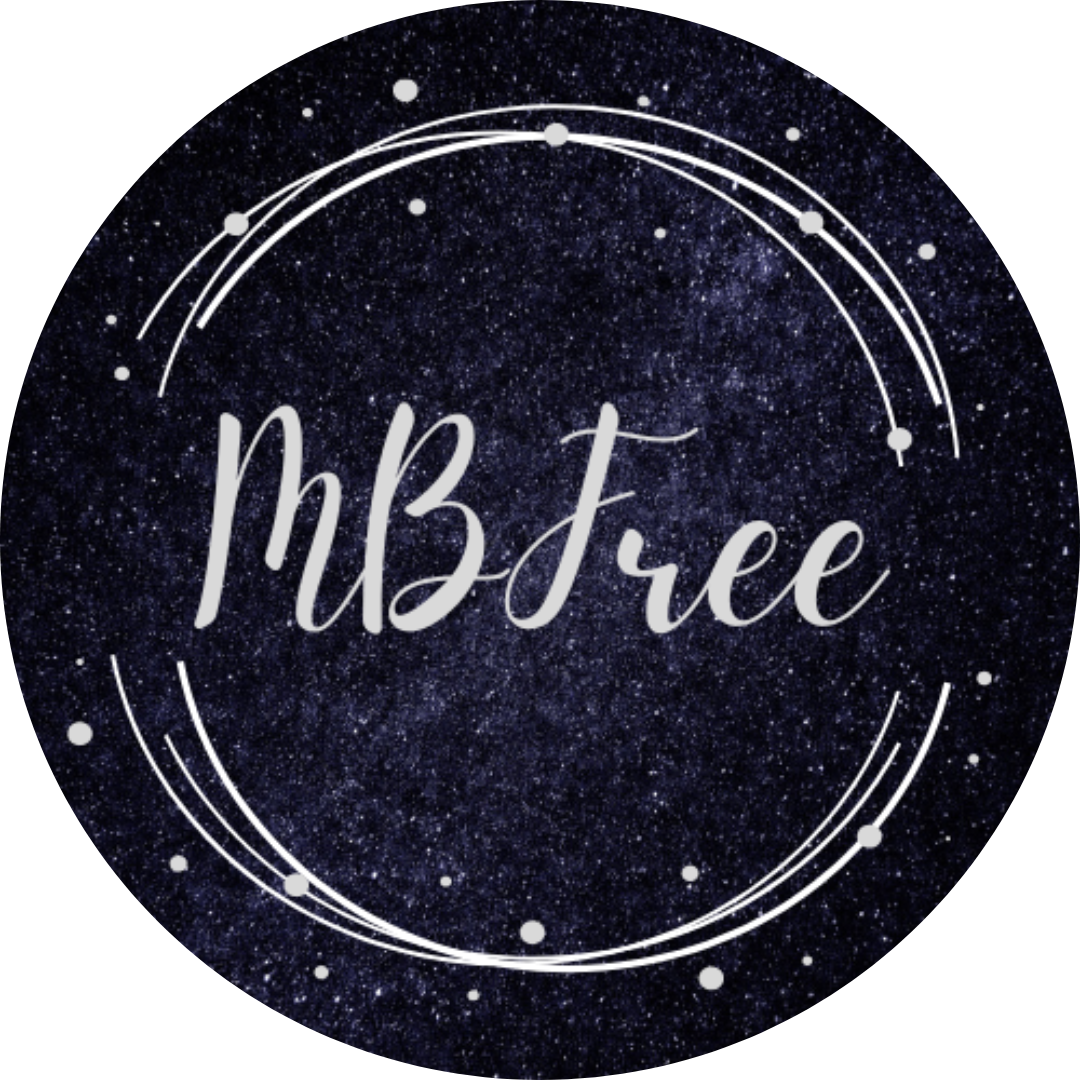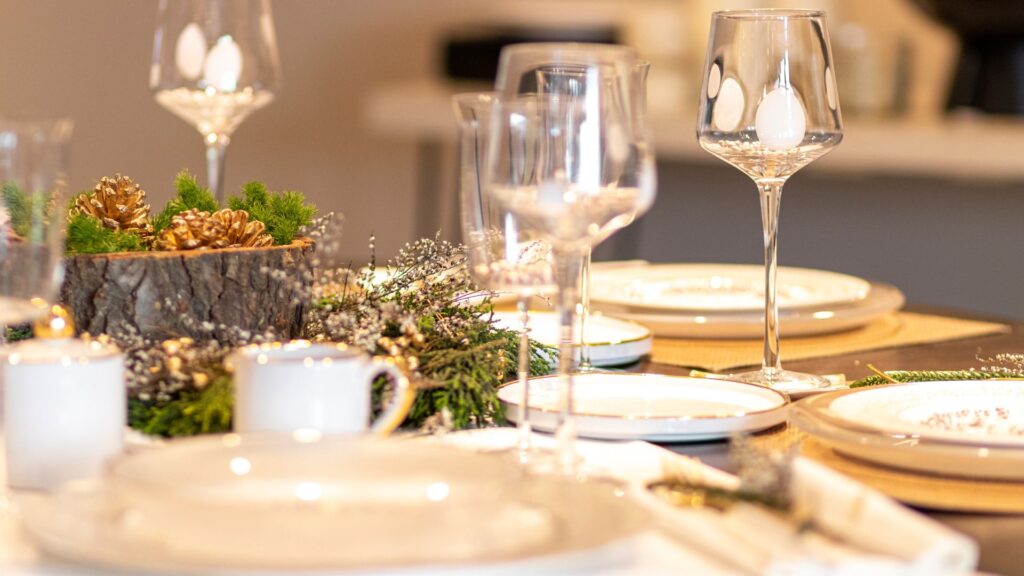Today I saw a post from a friend who by all appearances, has an incredibly successful, enviable marriage and family. He’s in his 50s, has a beautiful wife and 3 young adult children, and they all exude happiness. It seems they’ve been married since they were young, and at least according to Facebook, all is rosy in their garden. His post was about an early Thanksgiving celebration and contained a picture of their table pre-meal. It could easily have been taken right out of Better Homes and Garden. Place cards, crystal glasses, fancy napkins, and dessert forks at the top of the plates. It was picturesque.
By comparison, my Thanksgiving meal with my two children will be served on my everyday hand-me-down pottery plates with paper towels as napkins, eaten in our small apartment living room on our worn-in couches. 7 years post-divorce, this may be the first time I’ve made such a comparison, and I’ll admit it stings a tiny bit. But only for a fraction of a second. You see, 8 years ago, close to the Thanksgiving season, I separated from my 14-year marriage. My life then was picturesque too. We all lived in a spacious 2-floor suburban house with a perfectly manicured lawn, in a wealthy community with hand-picked, highly rated schools for our children. It was a great, solid twelve years of family bliss, followed by 2 years of struggle, miscommunications, and a widening gap of needs. That first full breath I took after leaving that life, was like filling my lungs with mountain air after living in a congested and smoggy city for ages. It was purifying.
When a person announces he/she is getting a divorce (as is necessary for social functions and work-related aspects), there is inevitably a loud, resounding pity accolade given to the unfortunate victim of the tragedy of a “broken home”. As a friend and observer of many a downtrodden peer suffering the dissolution of their life-promised unions, it’s obvious that many (if not most) experiencers prefer this reaction. Given my own personal divorce path, it certainly seemed to be the most socially accepted response. I, however, took offense at the assumption that I should only be grieving, and not celebrating. After all, when someone breaks the union of a job they’ve professed loyalty to or chooses to move away from the state in which they were born, we wish them well, express excitement at new opportunities, and shower them with congratulations. When a happy bachelor sacrifices his singlehood freedoms for the “sanctity” of marriage, or a newlywed couple gives up carefree travel adventures to become homebound parents of twins, we don’t encourage them to mourn their losses. Instead, we clap, hug, and shower them with shared joy at their upcoming adventures. Different, but no less great.
Why then do we relegate those who are embarking on a new life free from failed-marriage-misery, to the ranks of losers who couldn’t hold up their end of a shared bargain? Is there judgment attached to our feigned commiseration? Of course there is, and I offer up my own wagging finger of shame to those eager to pinhole divorcees into a victim-only mode. Instead, I would invite all potential support systems to do just that — support. Raise your glasses in congratulations for a new beginning. Hug your separated friend with a smile, encouragement, and hopefulness that the pain will end as freedom begins. Plan outings with an understanding of the difficulty of change but in celebration of growth, wisdom, and the expansion of new wings.
As for me, I patiently refused well-wishers apologies for my loss, and instead, expressed my hopes and excitement for my own coming freedoms of time, adventures, and expanded life lessons. Yes, I had fear. Yes, I felt sorrow. Yes, I occasionally missed some of the old material trappings I’d become accustomed to. But most of these were related to my empathy for the changes my children had to endure — not my own. As for me, I was lighter, more present, and more grateful than I’d been in the past several years. And the deep, relentless marriage-loneliness dissipated. (There is no greater loneliness than constantly standing isolated while trapped in an unsupportive partnership.) I loved and held my children (literally and figuratively) as tightly as I could during our healing, and that was the hardest part of the journey.
I do understand where the term “broken home” might come from, but I disagree that we should cling to it. In fact, I feel it should be tossed out altogether. My marriage never “broke”. My ex-husband and I made a conscious choice to end an unhealthy contract that was potentially damaging to our children, who are our most precious responsibility. By dissolving the changed, negatively charged partnership, we were taking a positive step forward in protecting not only our own futures but those of our offspring. We were offering all of us, a hopeful step forward.
With immeasurable gratitude for my messy, but homey and comfortable Thanksgiving home and meal, plus 7 years of hindsight, I realize that I was right in responding to well-meaning judgment with polite, but firm positivity. I helped make a good choice for my family. We took a new challenge head-on, with the same determination, loyalty, and support that will forever bind us, and we are stronger for it. We are not, nor will we ever be, perfect. But by god, we most definitely are not “broken”.

